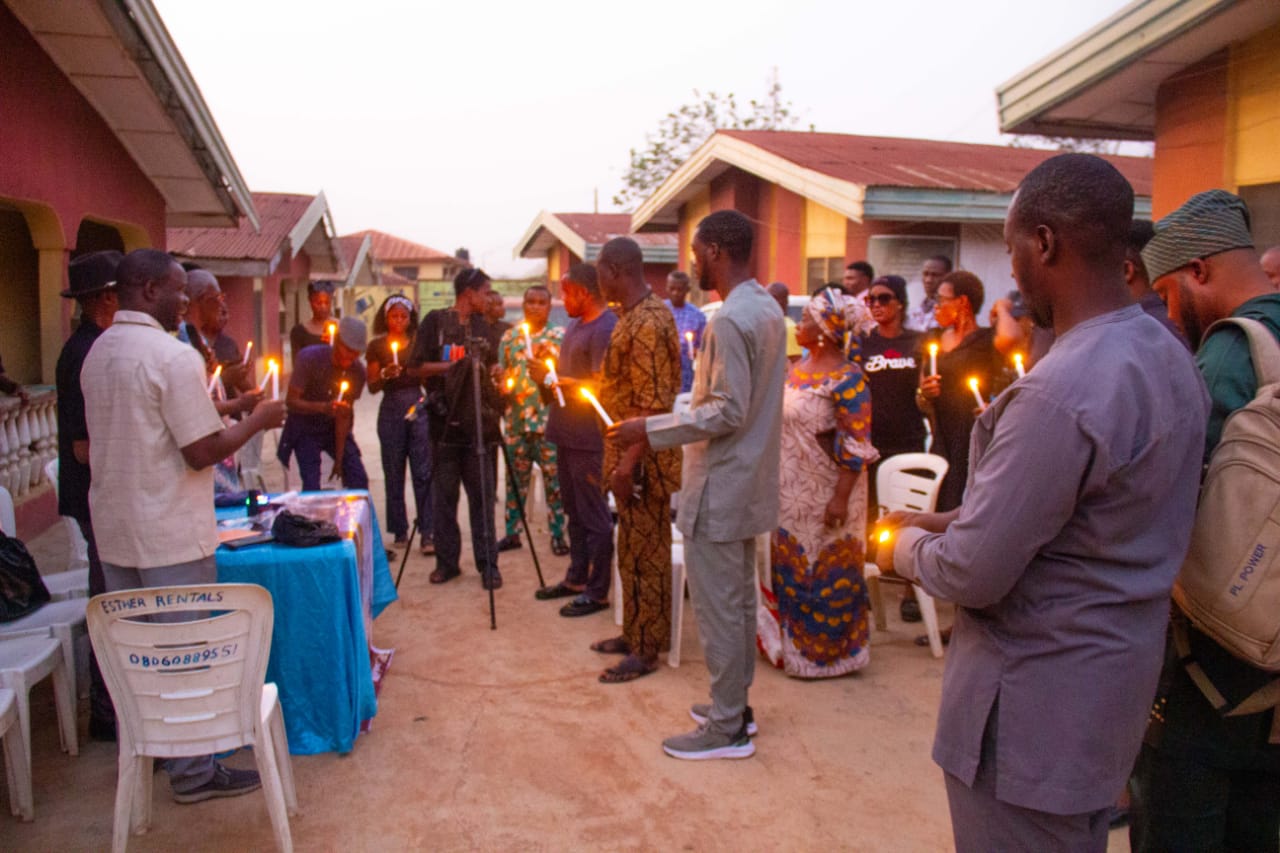Qatar World Cup, alcohol and gays
[ad_1]
A little over a week ago, on a Qatar Airways flight journeying to Doha, city of the current World Cup fiesta, I saw a film which clearly depicts the raging back-and-forth arguments between the Arab World and the West. A Betty Kathungu-Furet film, The Medicine Man is a Kenyan Swahili movie subtitled in English. It has as one of its major themes, the danger of orthodoxy and the barrier that a stagnated belief constitutes to human progress.
Lead character, Ben Muriithi, a medical doctor working in the State Hospital in Nairobi, hails from a family line of traditional healers as his great-great grandfather, great grandfather, grandfather and even father were respected traditional healers. He returns to his Embu village and to his Njoka family on a research into herbal and alternate medicine, only to find out that Gicovi, his cousin and a herbalist, has been given permission by the Njoka family to continue in the family herbal healing line, at his own expense, the direct descendant of these herbal greats.
Gicovi has, over the years, totally conquered the minds of Embu people with traditional African medical healing remedy. Spiced with witchcraft and sorcery, due to their quick returns of cash in Kenya, Gicovi’s healing, in most instances, is incapable of bringing succor to the health challenges of the people. With Gicovi’s ailing son, Eli used by Dr. Muriithi to demonstrate the power of the white man’s healing power, the medical doctor fights, tooth and nail, with the help of his lady nurse friend, Weruma and Nguo, the stammerer – who kept neutralizing Gicovi with his tantrums – and the buy-in of Beth, Gicovi’s wife, to conquer this traditional medicine’s long orthodox hold on the minds of the people. His bid to rescue his people from dying of treatable diseases and the conflict in his deployment of same traditional herbal treatment in the process reflects hypocrisy and a non-acceptance of tolerance, understanding and hybridization as basis of a modern world.
The FIFA World Cup is unarguably the hugest sport event of the world. Over three and a half billion people were said to have watched its previous tournament on television, a figure that approximates about half of the entire world population. Since Qatar announced that it would not open shebeens for alcohol consumption during the football fiesta, this Arab country had become a subject of lacerating attacks, most especially from the West. Qatar went a step further in its “affront” to announce that, in the Arab world, LGBTQIA+, an abbreviation for lesbian, gay, bisexual, transgender, queer or questioning, intersex, asexual, and more, was an anathema which the World Cup will not justify on its land.
As the football fiesta went on at feverish pitch, news came of some dressing styles which the Qatari authorities outlawed. Without equivocation, Qatar banned its wearers from entering the stadia. A widely circulated footage of Three Lions supporters who were turned back from a stadium earlier had enjoyed widespread circulation online. The Irish Sun then carried the story of how Qatar banned England fans dressed as Saint George from World Cup stadiums, citing fears over “weapons and armour”.
The basic argument by Qatari is that their western critics were basically hypocritical. While their most pervasive defence is that, while the West is diffident in its pursuit of the values that undergird its societies, it should allow Arabs the right to their basic values too. One respondent argued that in the Arab world, if a guest comes on a visit to a household, the guest is guided by the rules of the household, beginning from the rules of gourmet, what the host offers on the table and is bound to respect the host’s family and home values. If, per adventure, the guest finds these abhorrent, they are at liberty to leave.
“Qatari and Islam culture are against LGBTQ and you must respect that,” a Qatari began “You must also stop demands to be served pork in Qatar restaurants.
Every individual is bounded (by) the law of any country where they are travelling as visitors or students; either it is Qatar or any other country.
If Europeans want foreigners to obey their law, then (they) also need to obey the laws of other countr(ies) they are visiting.”
The intolerance in Qatar signposts our world and has become the reality of our socio-political relationship in Nigeria. While we are liberty to remember the cruelty and injustices of the past, let us remember that the modern world will need mutual tolerance. The Yoruba, in their tolerance wisdom, will say alejo ojo meta ko soro gba, meaning that a guest whose stay with you is finite shouldn’t constitute a problem. What that means is that, as sacrifice to the god of tolerance, you must give and take, for the mutual comfort of the guest and host. This is why Qataris are at fault for not enduring the excesses of their guests within the period of the football festival, except if hosting the biggest sporting event in the world was to retaliate the several decades of “western hypocrisy.” Nobody has asked Qataris to give up their loath of pork, LGBTQ+s, alcohol, beliefs and thoughts but it should have been tolerant enough to let these be during the World Cup event. The world would be a greater place for all of us if we learn to live in acceptance of our variations.
To show that we all carry scars of guilt, even as we judge others, issues are being made of matters that arose since 12 years ago when this small Gulf country got the bid to host the world. One pertinent one is the 1000s migrant workers who died in the process of Qatar building the stadiums and infrastructure for the 2022 World Cup. What that means is that the blood of the world was shed for the Qatar gloat of hosting this biggest sporting event. The country has reportedly spent over $200 billion dollars on construction of World Cup stadiums and ancillary infrastructure, most of which it sourced abroad due to the absence of native construction workers. In the process, it had to ship in massive workers who travelled to Qatar.
ALSO READ FROM NIGERIAN TRIBUNE
The West that came into Qatar with intent at showcasing its cultural hegemony, self-flaunt as mascot of everything good and self-appointed spokesperson for humanity, was also liable to charge of cultural imperialism. We must all learn to respect people and their different and differing cultures.
For us as Nigerians, there are a number of lessons to learn from the spat between Qatar and the west which transcend alcohol, LGBTQ+s or pork consumption. One is that, for the most expensive budget ever by any country committed by this tiny Arab country to host the World Cup, Qatar has come out with an unenviable record of being the fastest host to crash out of the fiesta. With its ouster, Qatar will perhaps learn to focus more on organization of the game than its fixation on the culture war it is waging with the west. It is interesting that though money can buy World Cup hosting rights, it however cannot purchase victory on the field where skills and ability talk and money walk out. The second lesson for us is that Qatar, a tiny country of about 2.9million, stood against the giants of the world, unbent, while Nigeria still flaunts its over 200 million population as symbol of brunt. What or when is a big country?
[ad_2]















Post Comment